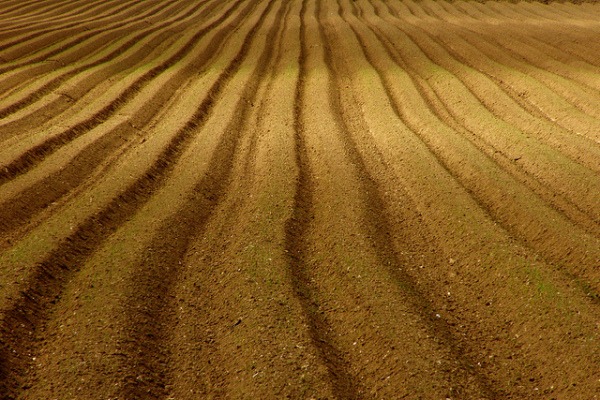Item Link: Access the Resource
Publication City: Ithaca, NY
Publisher: Ecological Society of America
Author(s): Erle C. Ellis
Journal: Ecological Monographs
ABSTRACT: Humans, unlike any other multicellular species in Earth’s history, have emerged as a global force that is transforming the ecology of an entire planet. It is no longer possible to understand, predict, or successfully manage ecological pattern, process or change without understanding why and how humans reshape these over the long-term. Here, a general causal theory is presented to explain why human societies gained the capacity to globally alter the patterns, processes and dynamics of ecology and how these anthropogenic alterations unfold over time and space as societies themselves change over human generational time. Building on existing theories of ecosystem engineering, niche construction, inclusive inheritance, cultural evolution, ultrasociality, and social change, this theory of anthroecological change holds that sociocultural evolution of subsistence regimes based on ecosystem engineering, social specialization and nonkin exchange, or “sociocultural niche construction”, is the main cause of both the long-term upscaling of human societies and their unprecedented transformation of the biosphere. Human sociocultural niche construction can explain, where classic ecological theory cannot, the sustained transformative effects of human societies on biogeography, ecological succession, ecosystem processes, and the ecological patterns and processes of landscapes, biomes and the biosphere. Anthroecology theory generates empirically testable hypotheses on the forms and trajectories of long-term anthropogenic ecological change that have significant theoretical and practical implications across the subdisciplines of ecology and conservation. Though still at an early stage of development, anthroecology theory aligns with and integrates established theoretical frameworks including social-ecological systems, social metabolism, countryside biogeography, novel ecosystems and anthromes. The “fluxes of nature” are fast becoming “cultures of nature”. To investigate, understand, and address the ultimate causes of anthropogenic ecological change, not just the consequences, human sociocultural processes must become as much a part of ecological theory and practice as biological and geophysical processes are now. Strategies for achieving this goal and for advancing ecological science and conservation in an increasingly anthropogenic biosphere are presented.
Learn more about the work of Dr. Ellis’s lab at the University of Maryland through the GLOBE Project’s Node.
The views and opinions expressed through the MAHB Website are those of the contributing authors and do not necessarily reflect an official position of the MAHB. The MAHB aims to share a range of perspectives and welcomes the discussions that they prompt.
